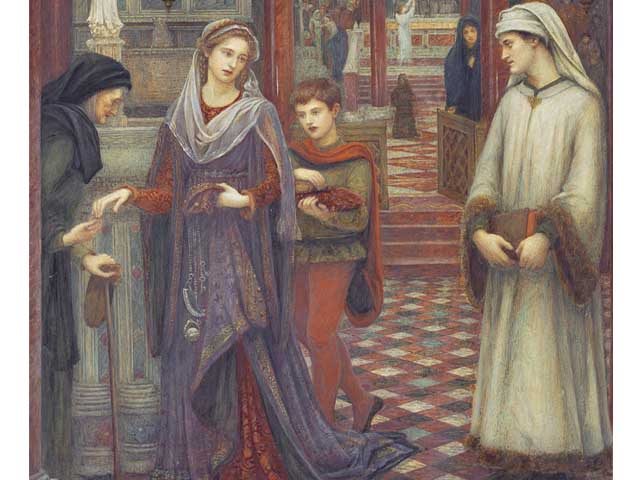Layka Coby 10/22/21
The genre 0f poem 271 is Love. The poet conveys his emotions, ideas, and fears through this stanza by his use of language. The language used is usually associated with unhappiness, great sorrow due to love. He shows imagery of the emotions he expresses through figurative language, using words and phrases to describe an actual event he experienced. “I’d be caught and burned and all the more for being more for being less green wood”, is a simile the author used to compare how love made them feel as they compare themselves to a tree.
This was part of Petrarca 366 poem to and about Laura. The theme of the poem is focused around his inner conflict within himself while he is so madly in love with Laura. In this stanza he talks about the immense sorrow and pain he feels trying to get rid of and walk away from how deeply he feels for Laura. In the first stanza Petrarca states, “ The burning knot which hour after hour bound me for twenty-one entire years Death has untied; I never felt such grief, nor do I think that man can die of sorrow.” From this stanza It could be understood that the love he has experienced for this beautiful woman Laura is great and shows this by using death as an undertone to reflect the seriousness of his feelings. The next stanza states, “ Love, not yet willing to let go of me, had set another snare within the grass and with new tinder lit another fire making it very hard for me to flee”. What can be inferred by the language and emotions being reflected from this stanza is that Petrarca feels somewhat trapped in this loop whole of their feelings for Laura, every time he tries to walk away from the situation” another lit fire makes it very hard for me to flee”. He is ready to move on and get rid of the pain that comes with this love but he’s stuck by different obstacles. The last two stanzas state, “ And if it had not been for long experience of my first labors, I’d be caught and burned and all the more for being less green wood. Death has delivered me another time- broken the knot, stamped out the scattered fire- against whom neither force nor wit avails.” He shows his willingness to go through whatever for this love he has for Laura, he will even come to face death. A word I would use to represent the poem would be complex because both his feelings and language within the poem give off the impression of a complex love and situation he experiences.




